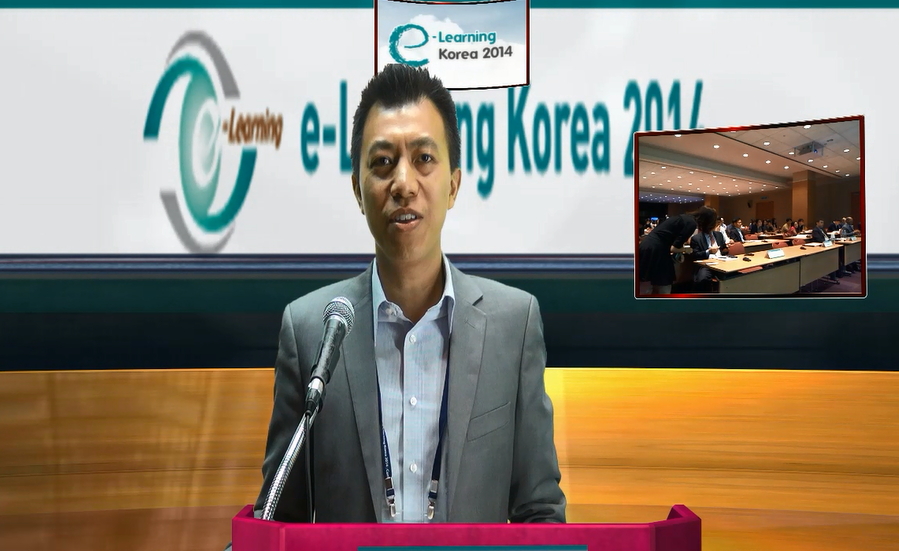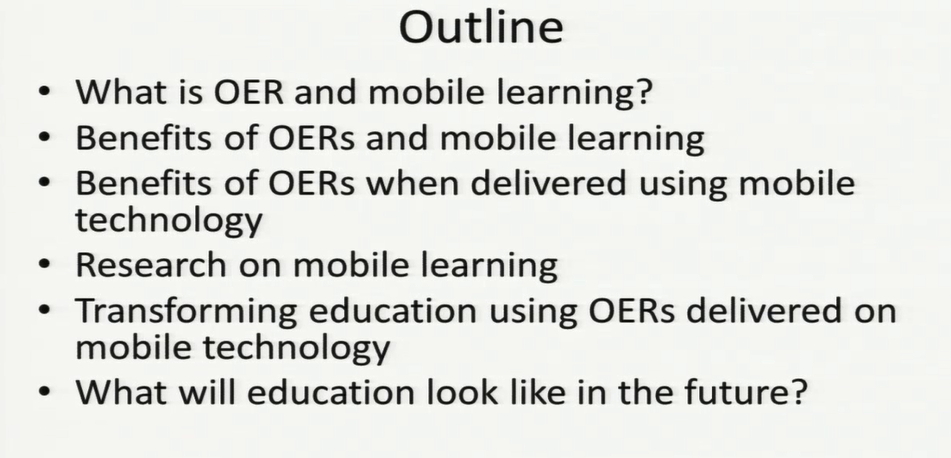This paper aims to study the context and the missionary meaning to Edinburgh Missionary Conference in 1910. The 19th century was a very important period in the history of Protestant mission, for there was no time to make the geographical expansion of ...
http://chineseinput.net/에서 pinyin(병음)방식으로 중국어를 변환할 수 있습니다.
변환된 중국어를 복사하여 사용하시면 됩니다.
- 中文 을 입력하시려면 zhongwen을 입력하시고 space를누르시면됩니다.
- 北京 을 입력하시려면 beijing을 입력하시고 space를 누르시면 됩니다.

1910년 에딘버러 선교대회의 상황과 선교적 의미 = A Study on the contextand the missionary meaning to Edinburgh Missionary Conference in 1910
한글로보기https://www.riss.kr/link?id=A82435500
- 저자
- 발행기관
- 학술지명
- 권호사항
-
발행연도
2010
-
작성언어
-
- 주제어
-
KDC
230
-
등재정보
KCI등재
-
자료형태
학술저널
-
수록면
1-26(26쪽)
- 제공처
-
0
상세조회 -
0
다운로드
부가정보
다국어 초록 (Multilingual Abstract)
This paper aims to study the context and the missionary meaning to Edinburgh Missionary Conference in 1910. The 19th century was a very important period in the history of Protestant mission, for there was no time to make the geographical expansion of Christianity thenceforth. Therefore, Kenneth Scott Latourette(1884-1968), a historian who studied the history of Christianity, mentioned the 19th century 'The Great Century'. But there were a lot of issues in the process of the expansion and growth of Christianity because most colonies in all the world were founded by the imperialism of the western Christianity countries just at that time. Not only did the western missionaries show serious disruption and conflict in accordance with the political understanding of their own country, but also the greed and unlawful behaviors done in all the colonies by many white people made serious difficulty to the Christianity mission. In order to solve this problem, the necessity of a meeting with every religious denomination was brought up, so the necessity of the ecumenical missionary conference came to the fore. Besides, in the process of world missionary expansion, the numerous missionary bodies were organized, and they were active positively all over the world. But since they had have the background of the individual church and religious denomination, and worked without cooperation one another, there was a waste of missionary resources as a result of the overlapping of missionary works and the excessive competition in missionary. So, to solve this problem, the ecumenical cooperation was required. In this context, the union movement in missionary was happened, and missionary conference was held from the middle part of the 19th century. Real ecumenical world missionary conference, however, was “The World Missionary Conference” held in Edinburgh of Scotland from June 14 to June 23, 1910. Though the size of this conference was much smaller than London Missionary Conference and New York Ecumenical Missionary Conference in 1900, its leverage was the greater from the point of missionary history. Edinburgh Missionary Conference has some missionary meaning in relation to the world missionary. First, its important meaning is that it was valued as “the birthplace of modern ecumenical movement”. The three kinds of ecumenical movements in Christianity were ‘The International Missionary Council’, ‘Life and Work’ and ‘Faith and Order’, and these movements was originated from this conference. ‘Life and Work’ and ‘Faith and Order’ originated World Church Council. Since the WCC was unified with International Missionary Council in Newdelhi Conference in 1961, it has been the main stream of ecumenical movement until now. Second, it was the western's one way missionary into the non-western. Also, it was the conference confirming their passion and obligation which western Christianity countries should propagate the gospel to non-Christianity countries. This kind of one way missionary, as we know, was over, because this is the time to various two-way missionary, that is, the time to partnership missionary. Third, it had the attitude of positive and imperial missionary. The missionary in Edinburgh Missionary Conference did mean conquering the world by the gospel. The world was understood as a sort of geographical and historical notion, not a theological one. In other words, they thought that this world was divided into Christian countries and non-Christian countries. And they believed that Christian countries should conquer non-Christian countries. Fourth, the necessity of cooperation between native missionary and dispatched missionary was on the rise. The opinion related to the necessity of ecumenical cooperation between native missionary and dispatched missionary, and between missionary council and regional churches produced positive effect. Finally, it was the missionary focused on missionary council, not churches.
목차 (Table of Contents)
- 1. 시작하는 말
- 2. 1910년 에딘버러 선교대회의 상황
- 3. 1910년 에딘버러대회의 선교적 의미
- 1. 시작하는 말
- 2. 1910년 에딘버러 선교대회의 상황
- 3. 1910년 에딘버러대회의 선교적 의미
동일학술지(권/호) 다른 논문
-
- 한국선교신학회
- 김성익(Kim,Sung-ik)
- 2010
- KCI등재
-
- 한국선교신학회
- 안신(Ahn,Shin)
- 2010
- KCI등재
-
- 한국선교신학회
- 이은경(Lee,Eun-kyoung)
- 2010
- KCI등재
-
- 한국선교신학회
- 진기영(Jin,Ki-young)
- 2010
- KCI등재
분석정보
연관 공개강의(KOCW)
-

Body Theology: From Conference to Classroom
Teachers TV Teachers TV -

2011 Asian and Africa Womens conference
숙명여자대학교 한영실 -

2014 이러닝 국제 콘퍼런스 : Education Technology with Moonshot Thinking
한국교육학술정보원 Suan Yeo -

2014 이러닝 국제 콘퍼런스 : Open Education Resources with Mobile Learning to Transform Education
한국교육학술정보원 Mohamed Ally -

2014 이러닝 국제 콘퍼런스 : Developing the PETAL e-Learning Platform~
한국교육정보진흥협회 Vincent Tam





 스콜라
스콜라

